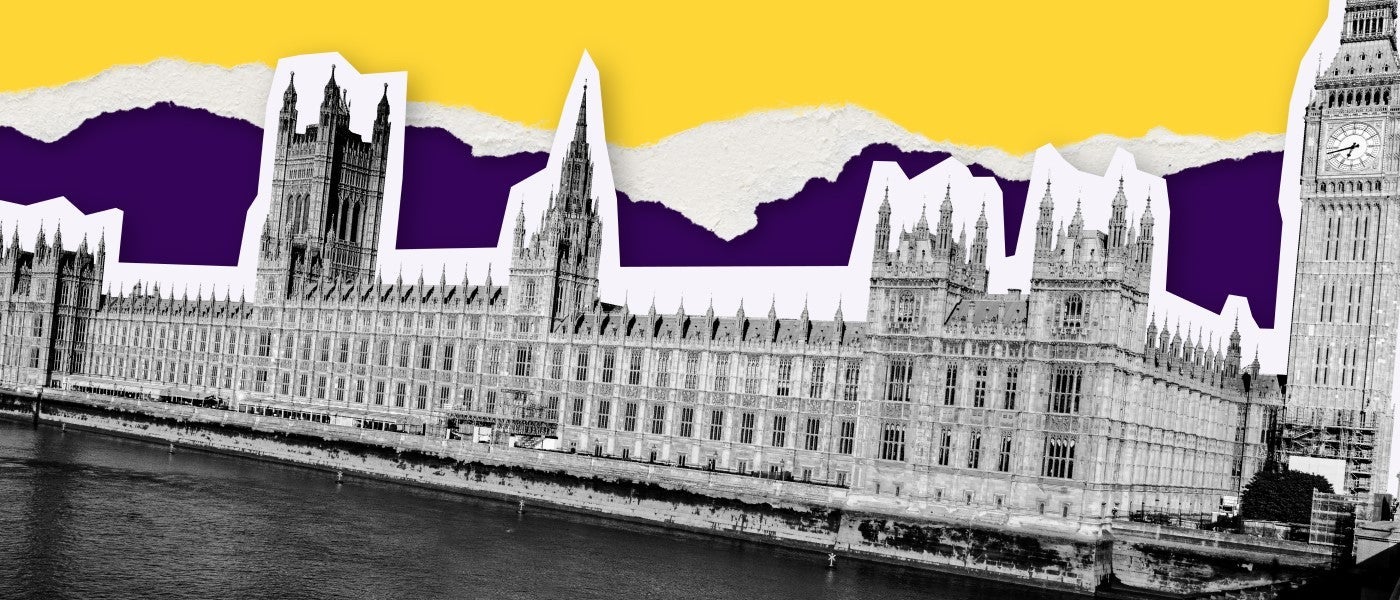- Home
- News and stories
- Accessible election campaigning as a disabled candidate.
Accessible election campaigning as a disabled candidate.
Scope have launched guidance for candidates on how to make your campaigning accessible during the election. Reflecting on their experience, a disabled person running to be an MP anonymously discusses how the guide can help future MPs shape a more equal future.
I decided to get into politics because I care a lot about making things better for the country, and have fairly strong views about how to do it. Standing for Parliament has been a great experience. I’ve learnt how to raise my voice, how to advocate for things I care about, and how to bring people together.
As an autistic person from a working class background, I’ve had a lot of challenges when it comes to communicating throughout my life. At school and university I didn’t always have the support I needed to achieve my best. At work, things have often gotten too stressful. Unclear expectations, uncertainty and change can be difficult. Being autistic often means experiencing a lot of anxiety, so making myself fit into the boxes of school, university and work wasn’t always easy.
But getting into politics has given me a chance to put my passions to the forefront. I find it a lot easier to speak to a crowd of people about tackling the housing crisis, the NHS or the cost of living, than I do to speak on the phone with someone about my performance at work!
The challenges I experience communicating mean that things that are easy for other candidates like knocking on doors and public speaking, can lead to a lot of anxiety. I try my best at doing these things, but it can sometimes seem overwhelming.
But I know there are more ways to meet constituents and represent people than just the typical way. I love communicating online and by email. I’m very open minded when someone wants to communicate with me in a different way to usual. And I try to make my written communications as accessible as possible for all disabled people.
Scope’s guide for parliamentary candidates on accessibility is a great step for candidates like me. Having clear guidance on what can help other disabled people access what me and my party are saying is vital. I hope all candidates take a look and make their election campaign one that all constituents can access.
1 in 4 of us is disabled, and we deserve MPs that can use their own experiences to ensure a fairer future. More disabled people in parliament, and more acceptance of disabled MPs and candidates, would mean that when you speak to your MP about the challenges you have with the benefit system, attitudes or extra costs of disability they would be more likely to understand. And I genuinely believe that would lead to a fairer future.
Read our guidance on how to run an accessible election campaign.


